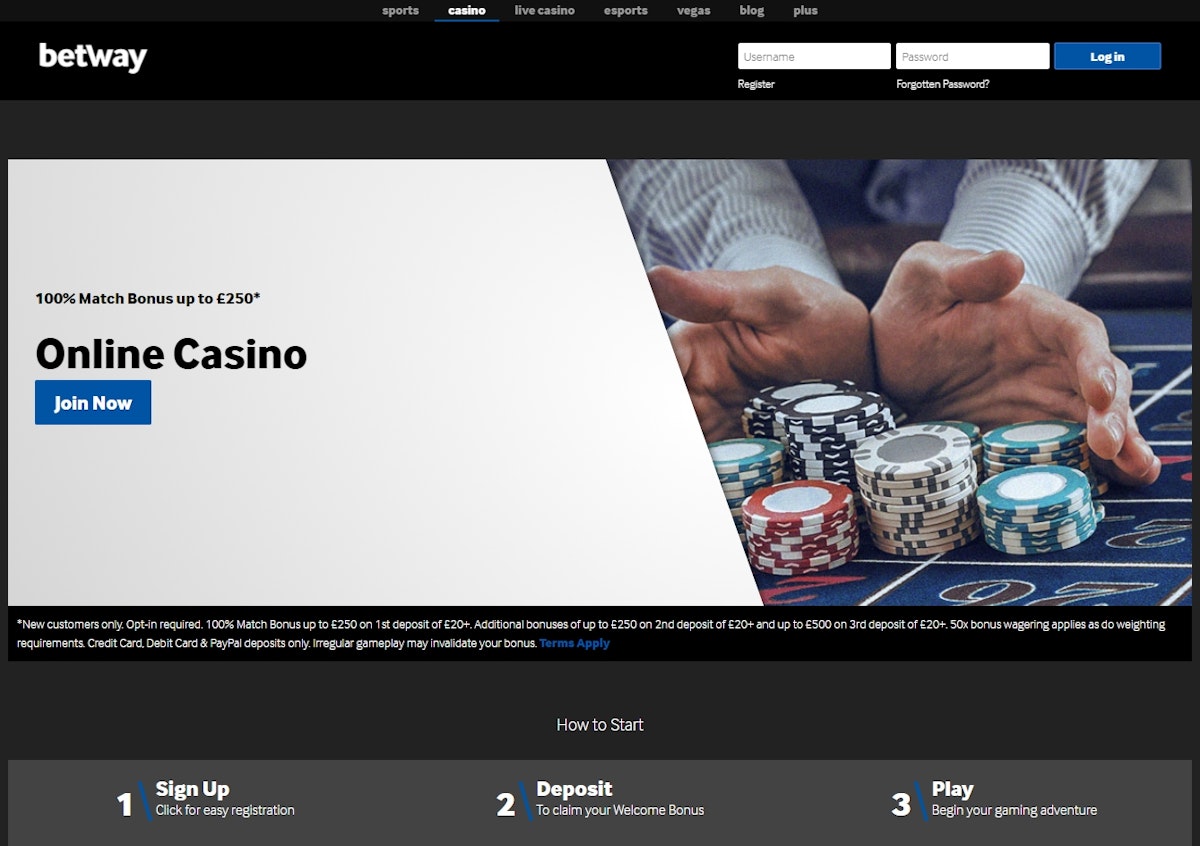- Online Casino In India Law
- Casino In India
- Is It Legal To Play Online Casino In India
- Online Gambling In India Legal
- Online Casino In India Legal Terms
Subscribe to Australia's largest online DVD & Blu-ray rental store to be sent Movies and TV Shows direct to your door. Join Now Take a tour of the premium content available on Quickflix today.
- As the legal landscape of online gambling in India evolves, slots will be in a unique category for their high degree of chance compared to other games. Slots exist and is legal on all three of the platforms.
- What Does What's the Legal Frame for Online Casinos in India - India Post Do?Online gaming has been in presence in India ever previously. With the increased.
- The legality of online gambling in India is rather complex, but here’s the gist: There is no clear set of laws about online gambling in India. Players interested in betting and gambling online should do so without.
- Indians can play cash games online in many states of India, even if you have to keep your money in a safe place. We have identified the reliability of all the legal casino sites you will find at this page and gives.
The legality of betting or gambling in India is quite confusing. While the law prohibits physical gambling in land-built casinos, no laws are prohibiting online betting.
So, is gambling and online betting legal in India?
The legality of online betting in India is uncertain since there are differences between the laws laid down by the central government and state government. The lack of assimilation between the two governments has created some loopholes that have made it legal to gamble online through companies outside India.
Luckily, the new government has laid back some online betting regulations, a big move that is ushering in online gambling through smartphones. Online casinos are forbidden within Indian borders, and some states have banned them outright. However, in other states, gambling on sites outside India is not considered illegal.
For example, the North-Eastern state of Sikkim has been willing to push betting forward. Some places such as Daman and Goa have opened casinos like Casino Pride 2 and Casino Deltin Royale. Therefore, the national laws and state laws significantly differ.
Indian laws are stringent on gambling, and it is discouraged further by the high taxes (30%) on any winnings. With the high taxes, online casinos from India barely set a foothold permanently in the Indian market. Read comparison websites such as thisRoyal Panda India Review, from a reliable and secure online casino that accepts Indian customers before playing.
Card Games in India
India has a popular history of card games and poker. Many Indians play card games carefully and understand how to make vast amounts of money. There are some reputable and safe sites where these activities take place. The three typical card games are; Poker, Andar Bahar, and Teen Patti.
Laws of Gambling in India
As different online gambling methods are frequently introduced, gambling laws in India are ancient at best. Most of these laws date years ago and remain un-updated. Therefore, there is minimal consensus on how to deal with the issue in the case of punitive actions.

With the archaic laws, the Indian government has not put any online gambling laws. There is
barely any technological-legal penal work formulated. Thus, online gambling and betting are grey areas without any regulations in place. Now, online betting has become a lucrative area for investors.
Online Casino In India Law
The Public Gaming Act, 1867

The Act is a colonial regulation made during the British Colonial Ruling in the subcontinent. According to the Act, all types of gambling and betting activities are considered illegal, apart from horse racing. The Act bans all kinds of establishments, houses, or residences where betting occurs. This law is more than 150 years old. Thus, the matter of online betting under this Act remains ambiguous. The Act specified that a physical betting place is illegal. Law practitioners would argue that online betting is not a physical place; however, in India, it is unclear whether internet-based businesses, especially gambling sites, are a physical place. Thus it remains a debate.
Prize Competition Act, 1995
This Act discusses some types of prize competition and the rewards. However, like the Public Gaming Act, the rule is ambiguous about online betting as it is geared towards the lottery. Therefore, it does not entirely outlaw gambling.
Casino In India
Payment and Settlement Act, 2007

While the Payment and Settlement Act does not directly ban online gaming, it sure has economic influences. This Act gives the Reserve Bank of India powers to formulate necessary payment processing policies. The frequent change in policies has led to many problems, especially for payment processors such as EntroPay and Netteler, who operate under these guidelines. The initial use for employing these rules was to prevent money laundering and stop tax evasion. However, these rules are also put in place to prevent gambling bonuses and payouts.
Betting Bans: The Broader Framework
Normative guidelines bind most legislation surrounding betting in India. Since the rules were drafted before the onset of modern online gambling, they choose to focus on traditional betting methods. Here are some restrictions that the Acts criminalize;
- Placing a bet
- Possessing or owning a premise, building, or institution where betting or gambling activities take place
- Participating in cash transfers for money used for betting or servicing as a middleman to help circulate cash in the gambling ecosystem
- Advertising, printing, distributing, or making any incentives related to betting or encouraging betting activities.
- Placing bets on any private property, roads, or places without a valid license
Remember that horse racing is not considered betting. Thus, activities relating to it are not regarded as illegal.
Is It Legal To Play Online Casino In India
Current State on Online Betting
While online betting is at its early stages in the country, the government has begun assimilating online gambling. For example, in October 2014, the Sikkim state government issued its first-ever online gambling license of operation to Future Gaming Solutions.

Future Gaming Solutions has been given an operator license to participate in real-time online betting. It also offers gaming services under the purview of the state, which gave rise to several other gambling and poker websites.
The Indian constitution does not have an in-depth detailed definition of gambling and what it constitutes. There is a need to update the constitution, but the involved lawmakers don’t find gambling a priority at the moment. Also, there are no expected plans on discussing the legality of betting – and what it constitutes. Thus, the legality of online betting in India is a grey area.
Online Gambling In India Legal
According to India’s Supreme Court ruling, horse race betting is considered a game that uses the bettor’s skills. Therefore, it is not considered betting.
Final Verdict
Online Casino In India Legal Terms
While there is no official legal status on online betting, you can relax knowing it is not an illegal activity. Not yet. Therefore, whether online gambling or betting is legal, the answer remains unknown. However, what is certain is that land-based betting activities are illegal.

Online betting is not considered a criminal act, and there is no provision of the law for it. There are no specific laws addressing it. However, any betting operator offering online gambling services in India must be located outside India and have all the required documentation. Despite this, not all off-shore betting sites are trustworthy; therefore, always look for a reliable online betting company.